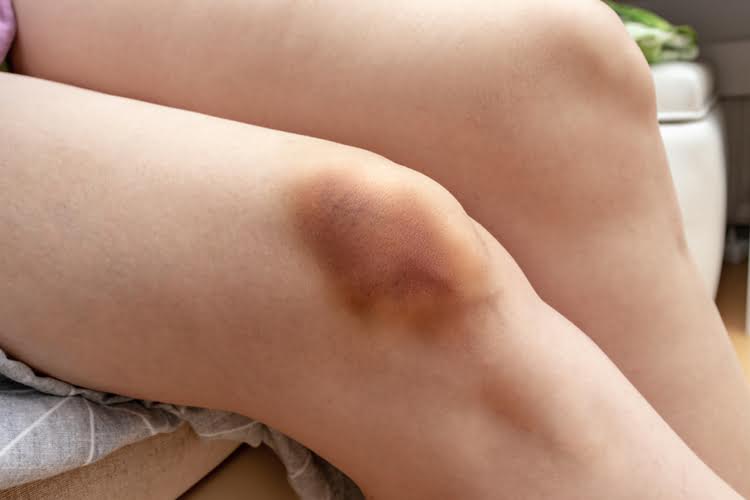Alcohol allergy and alcohol intolerance: Symptoms to look out for
Distilling a drink usually removes any naturally occurring yeast or yeast by-products from the liquid. Because of this, distilled spirits are generally safe for people with yeast allergies. People with alcohol intolerance react quickly to consuming alcohol.
- You need to drink much more than before to get the buzz you want.
- Inpatient treatment, which requires staying overnight at a facility, might be safest for those at risk of severe alcohol withdrawal symptoms.
- If you’re someone who seems to deal with sneeze attacks habitually, your sneeze reflex may just be a little less powerful, says Dr. Gangani.
In addition, beer is often brewed with hops, comprising a compound called lupulin. If you’ve ever experienced swelling of the tongue or throat or trouble breathing after drinking beer, you should stop drinking beer https://accountingcoaching.online/learn-what-spiritual-malady-is-and-the-role-it/ until you’ve seen a doctor. Your symptoms can also be due to an interaction between beer or alcohol and any medication you’re taking. Be sure to tell your doctor if you’re taking any medications or supplements.
Treatment
It’s possible to develop an alcohol allergy at any point in your life. Sudden onset of symptoms may also be caused by a newly developed intolerance. In rare cases, pain after drinking alcohol might be a sign that you have Hodgkin’s lymphoma. Unfortunately, nothing can prevent reactions to alcohol or ingredients in alcoholic beverages. To avoid a reaction, avoid alcohol or the particular substance that causes your reaction. In some cases, reactions can be triggered by a true allergy to a grain such as corn, wheat or rye or to another substance in alcoholic beverages.
A reaction to high-histamine foods could be a sign of histamine intolerance. Your body has two enzymes that are supposed to break down histamine, but sometimes they don’t work as well as they should. Everything we consume is broken down by enzymes in our bodies. While some foods are broken down in the intestines, others are digested in the stomach. Alcohol does not need to pass through the digestive tract in order to be digested; rather, it is absorbed directly into the blood stream. Those with a genuine alcohol allergy should completely avoid alcohol.
What medications can help with alcohol withdrawal symptoms?
People may also have an allergic reaction to specific ingredients in alcoholic drinks rather than the alcohol itself. If you’re allergic to another ingredient contained in certain alcoholic products, switching to a different drink might be an option. For example, barley is typically found in beer but not wine. The symptoms of histamine intolerance are similar to an allergic reaction. For example, potential symptoms include red and itchy skin, nasal congestion, shortness of breath, abdominal pain, and diarrhea. If you have a true alcohol allergy, even small amounts of alcohol can cause symptoms.
Your Sellersville ENT specialist can give you more information on alcohol allergies and tips for safe consumption. Allergy testing of the skin and blood should be able to determine your allergies, or at least rule some out. More and more people are sober curious, toying with the notion of drinking less. If you answer yes to even one or two of these questions, Lin recommends speaking to your primary care physician or seeing an addiction specialist. Treatments can include medication and counseling, and it may be possible for you to moderate your drinking rather than quit altogether.
Sulfite and histamine sensitivity
The same applies to distilled alcohol made from wheat if you have a wheat allergy. A genuine alcohol allergy is very specific and rather rare. These range from heart and liver damage to a greater risk of certain cancers. For some people, alcohol can also make allergy symptoms worse. However, some people with Hodgkin lymphoma experience pain in their lymph nodes after consuming alcohol.
The only solution for alcohol intolerance is to completely avoid alcohol. A small 2014 study of Chinese people with a beer allergy found that sensitivity to sorghum or sorghum malt was the most common cause. Behavioral treatment programs are helpful for people who want to quit drinking. These programs involve working with a team of mental health professionals in a group and individual setting.
You’re more likely to have allergies if you have a family history of allergies. A personal or family history of asthma also increases your chances of developing an allergy. Nearly 1.2 percent of adults in the United States are allergic to wheat. Often, Recovery Gift Guide, Sober Gift Guide people who are allergic to wheat are also allergic to barley, though that’s not always the case. Barley is typically considered safe for those with wheat allergies. Millions of people join support groups to help stop drinking and stay stopped.

The type of yeast used to ferment many alcoholic beverages and to make dough rise is known as brewer’s yeast or baker’s yeast. If they don’t, you may experience a so-called “red wine headache” and other symptoms. These include itchy or flushed skin, red eyes, facial swelling, runny nose, and congestion. However, some people develop allergy-like symptoms, such as an itchy throat and nasal congestion, in response to the sulfites in wine. At present, there is no cure for a genuine alcohol allergy. The best way to prevent a reaction is to simply avoid alcohol.

